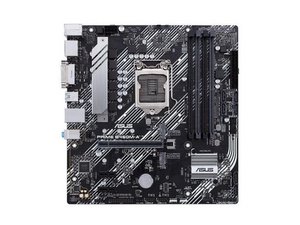Based on everything you are describing, your motherboard is just fine and your HDD is on it's way out.
First off, if the HDD makes any clicks, pops, stutters, grinding, etc. noises, STOP USING IT IMMEDIATELY. That is a sound of mechanical failure, and it is your data being scoured from the platters and lost forever. The more of that noise you hear, the more data is permanently lost and can never be recovered.
I completely agree that you should change to SSD. Even at a budget of just $20-$25 you can get a reliable sata SSD to be your boot/OS drive. Even if you get the smallest one you can find for the lowest price, even something like a 128gb ssd will significantly increase the performance of your entire system and increase the longevity of your HDD. Remember, the HDD only wears out while it's being used. A boot drive HDD is wearing out any time your computer is turned on, but one used only for storage only wears out when you're accessing that storage.*
You can, in the meantime, do some tests on the old HDD. If you can get it recognized in cmd, you can do a SMART check on it to get a general idea. Macrium Reflect and AOMEI Backupper are both free programs I can recommend that can help copy data off of drives with more robustness than Windows' File Explorer offers, and there are dedicated file restore and recovery programs (the good ones cost money, be aware; any "free" program that promises to recover files that I've ever seen is a scam) that can do even more. So long as the computer can "see" the drive, even if it reports that the drive is not initialized or needs formatting, there is some chance that you can recover files.
At the absolute worst, you can always send it in to a data recovery specialist. This is expensive (usually starting about $250USD for simple cases and going up from there), but they can do more with physical repair than any software recovery can do. Also, check with your local computer repair place if they have any partnerships. For example, I partner with Drive Savers, and any time my clients send something in using my partner number, they save 10% and I get a 5% kickback for the referral, so your local shops will likely be happy to give you their referral if they have one.
Good luck!
*This is a simplification of the idea, but broadly true.
crwdns2934105:0crwdne2934105:0
crwdns2934113:0crwdne2934113:0
crwdns2915270:0crwdne2915270:0
crwdns2889612:0crwdne2889612:0
1


 22
22  10
10  7
7 


crwdns2944067:03crwdne2944067:0
Hi @bigtrifles,
Can you hear or "feel" if the old HDD is spinning when you turn the PC on, assuming that it is still connected that is?
crwdns2934271:0crwdnd2934271:0 jayeff crwdne2934271:0
@jayeff yes, i do feel the hdd is spinning when it's connected
crwdns2934271:0crwdnd2934271:0 big trifles crwdne2934271:0
@bigtrifles
Does it show as being detected in BIOS? Scroll down to Section 2.3 sata connections
crwdns2934271:0crwdnd2934271:0 jayeff crwdne2934271:0